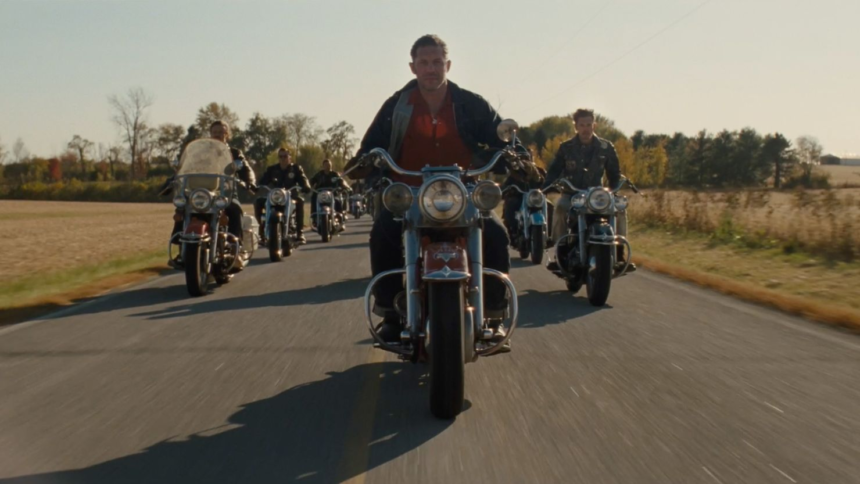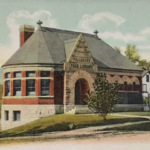Overview
” the bikeriders book” is a notable work by intelligencer and author Jeff Gitlow, published in 1967. This book provides a raw, undressed regard into the world of motorcycle clubs and the folklore of bikers during the 1960s in America. Gitlow’s account is grounded on his gests and interviews with colorful members of motorcycle clubs, offering compendiums an bigwig perspective on their lives, fellowship, and the societal comprehensions they faced.
literal environment
The book surfaced during a transformative time in America, when motorcycle culture was gaining visibility. The 1960s were marked by social bouleversement, counterculture movements, and a growing interest in individualism. Biker gangs, frequently portrayed as outlaws and revolutionists, came a symbol of freedom and defiance against societal morals. Gitlow’s work seeks to present a further nuanced view of these individualities, going beyond conceptions frequently seen in popular media.
Structure and Content
” the bikeriders book” is structured as a series of sketches that capture the lives of colorful bikers, emphasizing their particular stories, provocations, and connections. Gitlow’s jotting style combines journalistic rigor with narrative liar, allowing compendiums to connect with the subjects on an emotional position. The book includes interviews with members from several motorcycle clubs, revealing their provocations for joining, the challenges they face, and their sense of identity.
crucial Themes
Brotherhood and Camaraderie The book highlights the deep bonds formed among bikers, emphasizing the sense of community and belonging that motorcycle clubs give. Gitlow showcases how these connections frequently serve as a surrogate family for numerous members.
Rebellion and Freedom Central to the biker morality is a desire for freedom, both on the open road and from societal constraints. Gitlow captures the appeal of the motorcycle as a symbol of independence and the rebellious spirit of the period.
Stigmatization and mistaking The book addresses the societal smirch girding bikers, exploring how media descriptions frequently misrepresent their lives and values. Gitlow aims to humanize these individualities, showcasing their struggles and bournes .
Identity and virility” the bikeriders book” delves into themes of virility and identity, particularly how these rudiments are expressed within the biker community. The book examines how bikers navigate their places in society while embracing a distinct identity.
Impact and event
Upon its release,” The Bikeriders” entered critical sun for its honest depiction of biker culture. Gitlow’s work was groundbreaking in its approach, paving the way for unborn studies of mores in America. The book has been cited as an important piece of journalism that humanizes a group frequently viewed through a lens of fear and misreading.
Over the times,” the bikeriders book” has remained applicable, continuing to reverberate with compendiums interested in motorcycle culture and the complications of American society. It has inspired pictures, flicks, and farther erudite studies of biker culture.
heritage
The heritage of” the bikeriders book” endures not only as a artistic artifact of the 1960s but also as a significant donation to the kidney of investigative journalism. Gitlow’s commitment to understanding the lives of bikers on their terms sets a precedent for unborn pens and intelligencers aiming to explore marginalized communities with empathy and depth.
Conclusion
Jeff Gitlow’s” the bikeriders book” is a seminal work that offers a unique perspective on the lives of motorcycle club members during a vital time in American history. Through his engaging liar and commitment to authenticity, Gitlow invites compendiums to consider the complexity of identity, community, and freedom. As motorcycle culture continues to evolve, the themes explored in this book remain applicable, encouraging ongoing exchanges about individuality, rebellion, and societal perception.












